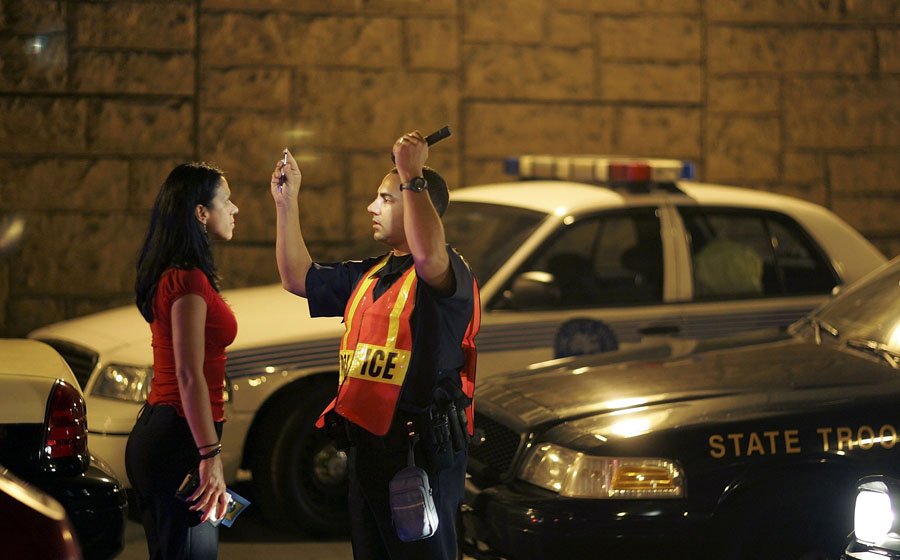If you’ve been stopped at a DUI checkpoint, it’s important to know your rights. It’s also essential to understand how police can use checkpoints and whether or not they are legal.
In the US, DUI checkpoints are a Supreme Court-backed legal tool that is used by law enforcement to deter drunk driving. They are typically set up at locations and times when there is a high number of alcohol-related arrests or accidents.
They are set up by law enforcement
DUI checkpoints are a way of preventing drunk driving. DC police officers have a long history of using these roadblocks to catch people who drive while drunk.
They are typically set up around bars and restaurants, near major roadways, or just after clubs close. These are all areas where there is a higher likelihood that drivers will be drinking and driving.
The checkpoints are set up in such a way that each driver stops to allow a police officer to perform a sobriety test. The officer will look for certain signs of intoxication, including bloodshot eyes, a strong odor of alcohol, and empty bottles visible inside the car.
Despite their many disadvantages, DUI checkpoints are used by law enforcement agencies to deter impaired drivers from getting behind the wheel. They are also often a part of larger DUI deterrence programs.
They are a deterrent
DUI checkpoints in DC are meant to deter drunk drivers from driving. They also help lower alcohol-impaired death and injury rates.
If you are charged with a DUI offense after being stopped at a checkpoint, it is important to contact an attorney immediately. The best DUI Lawyer may be able to challenge the constitutionality of your arrest and get your charges dismissed.
In the 1990 Supreme Court case Michigan v. Sitz, the court found that DUI checkpoints did not violate the Fourth Amendment’s protection from search and seizure because they were administrative inspections instead of traditional traffic stops that require probable cause or reasonable suspicion.
However, a recent study found that DUI checkpoints don’t always work as advertised. In fact, they may even be ineffective.
They are a violation of your rights
In DC, police officers are very vigilant about DUIs and they often conduct set up checkpoints to look for people who might be driving under the influence of alcohol or drugs. These checkpoints are a violation of your rights.
If you’re a DC resident or are visiting the city for a holiday and are stopped at a DUI checkpoint, contact the team of lawyers at Scrofano Law today to learn how we can help you.
Our DC DUI attorneys have a lot of experience representing both local residents and out of town visitors arrested in the District for a DWI charge. We have a strong track record of winning our clients’ cases and getting their charges dismissed or dropped.
These DUI checkpoints violate your Fourth Amendment rights and are illegal. If you are arrested for a DWI during or after a DUI checkpoint, you need to hire an experienced lawyer as soon as possible. A lawyer can file a legal injunction to stop the police from using the evidence they collected at the DUI checkpoint against you.
They are a waste of time
Despite the fact that DUI checkpoints are often conducted in DC, they can be a waste of time. They are inefficient at finding DUI drivers and they cost the city a lot of money to set up each time.
If you are stopped at a DUI checkpoint in DC, there are certain things you can do to protect your rights and potentially get the charge dismissed. The first thing you can do is inform the police officer of your fourth amendment right to be free from unreasonable searches and seizures.
This right allows an officer to conduct a reasonable and lawful traffic stop. The police officer can ask you to roll down your window, smell your car for alcohol, and then do a formal investigation. During a DUI investigation, the officer can also ask you to perform field sobriety tests and may ask you to take part in an alcohol breath test or urine test.
















